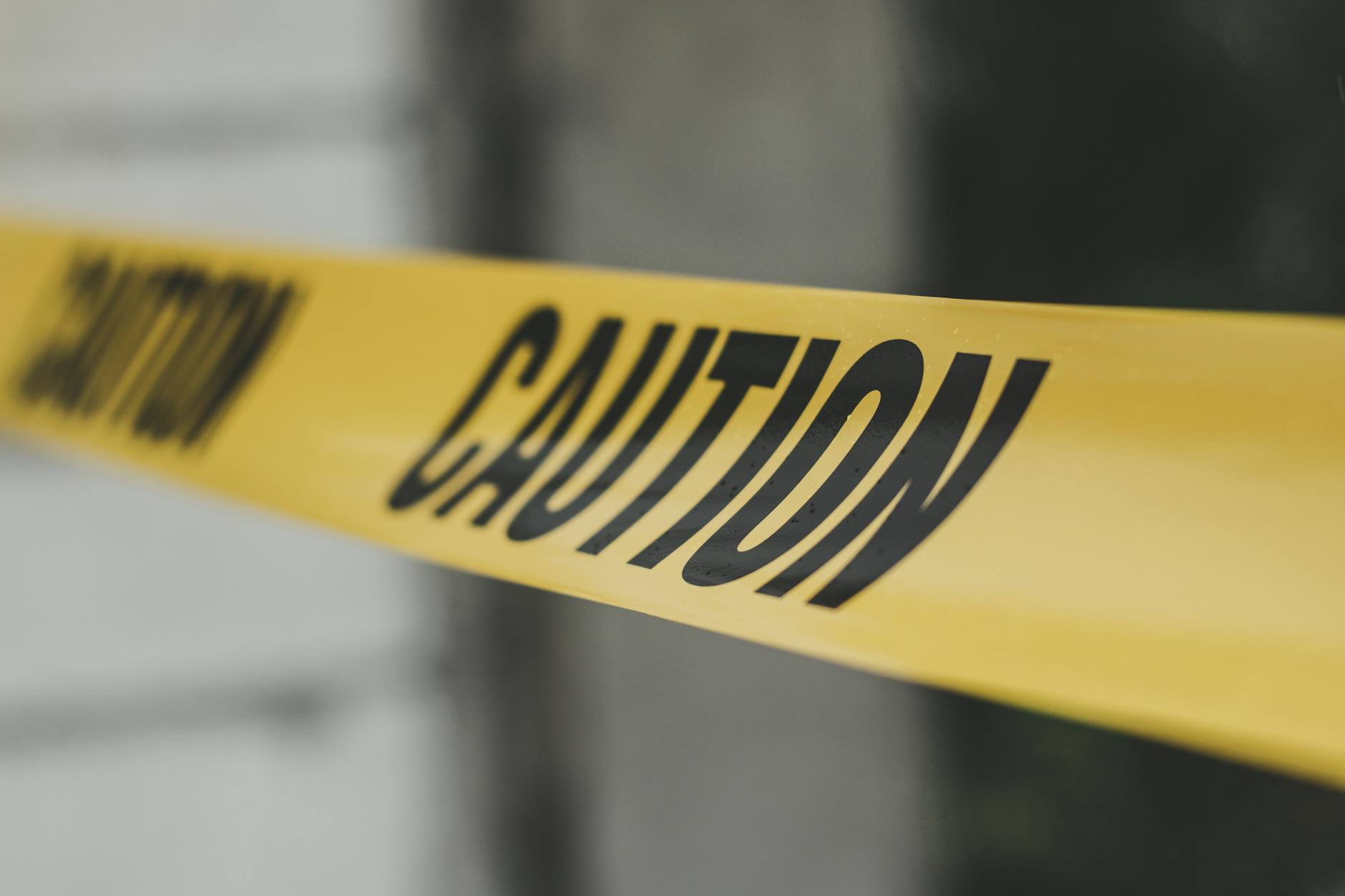Top Background Check Q's for Police Jobs

When pursuing a career in law enforcement, it's essential to understand the rigorous nature of the background check process. These checks are designed to uphold the integrity of the police force by carefully vetting each candidate. Preparing for this crucial step can be the difference between securing your desired position and having to reconsider your career path. Below, we spotlight several key questions about background checks for police careers to ensure you’re informed and ready for the screening process.
What Does a Police Background Check Include?
A comprehensive background check for a police job typically investigates several areas of a candidate's past, including but not limited to:
- Criminal History: Checks for any past convictions, ongoing proceedings, or encounters with law enforcement.
- Employment History: Verifies all previous employment, including reasons for leaving and performance.
- Education Verification: Confirms academic credentials and completion of required training.
- Credit Check: Assesses financial responsibility, which could indicate susceptibility to bribery or theft.
- Residential History: Reviews past addresses and potential issues related to previous residences.
- Reference Checks: Contacts personal and professional references to establish character and work ethic.
Why Are Background Checks So Important For Police Officers?
The nature of police work demands individuals of the highest integrity. Background checks help to:
- Ensure Public Trust: Police officers with clean records are more likely to be trusted by the communities they serve.
- Maintain Departmental Standards: Departments seek to hire those who exhibit behaviors aligning with law enforcement principles.
- Identify Potential Risks: Checks mitigate the risk of hiring an individual who may abuse their position or become a liability.
How Long Does the Background Check Process Take?
The duration varies depending on several factors, including:
- The thoroughness of the investigation.
- The number of jurisdictions involved.
- The candidate’s response time to information requests.
Typically, the process can take anywhere from a few weeks to a few months.
Can I Fail a Background Check for Having a Poor Credit Score?
While a poor credit score alone may not disqualify you, it could raise questions about your financial responsibility and trustworthiness. Departments look for patterns of behavior, so a single issue is less concerning than a history of financial irresponsibility.
If I Have a Criminal Record, Can I Still Become a Police Officer?
That largely depends on the nature and severity of the offenses. Minor infractions may not be disqualifying, but felonies and misdemeanor offenses involving moral turpitude can prevent your acceptance into the force.
What Can I Do To Prepare for a Background Check?
To get ready for the background check process:
- Be truthful and transparent about your history.
- Ensure your references are informed and supportive.
- Review your credit report and clear up any inaccuracies.
- Keep documentation, like diplomas and certificates, readily available.
Will I Be Interviewed During the Background Check?
Yes, personal interviews are a part of the process. Be prepared to discuss any discrepancies or issues that arise in your background check openly.
Conclusion
Background checks for police jobs are pivotal in maintaining the integrity and quality of the law enforcement community. By understanding what is involved and preparing accordingly, you can navigate the process with confidence. Remember, honesty, and proactivity are your best tools in proving your suitability for a career in policing.